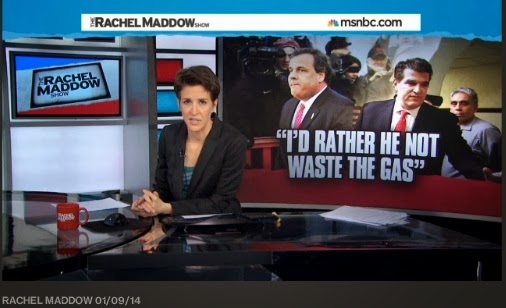Have you ever wondered why we say, "God bless America" or "Till death do us part"? Or a trickier one, "It's time I went"?
Let's build up on something more or less well-known.
Gwen Stefani sings, "If I was a rich man." Beyonce goes, "If I were a boy." Which one knows her English grammar?
The reason why we say things like "If I were you" or "If only it were true" is because it's subjunctive or hypothetical. In second conditional it's all pretty straightforward, use past simple. When it comes to the verb "be", use "were".
Funny note, most course books nowadays endorse the usage of "was" in second conditional as a correct option. I don't get it, to be honest.
We use "were" because it's a subjunctive form in the past. However, conditionals are not the only cases of subjunctive.
Here is a little grammar puzzle that will bring joy to your inner geek.
Consider this sentence, "I demand that you apologize immediately." (I apologize for my American English spelling.) The task is to substitute "you" with "he". As you might've guessed by now, it's subjunctive.
The answer is after the break.
The answer.
"I demand that he apologize immediately." Subjunctive form is a bare infinitive. "He apologize" sounds ridiculous, however so does "If I were a boy".
We use subjunctive after the following:
- the verbs: ask, command, demand, insist, propose, recommend, request, suggest + that
- the expressions: it is desirable, essential, important, necessary, vital + that
(source: English club)
So, remember, It's important that you be on time. It's vital that a newborn scream. I suggest that the search not be stopped at night. I ask that the report be ready by the end of the day.

No comments:
Post a Comment